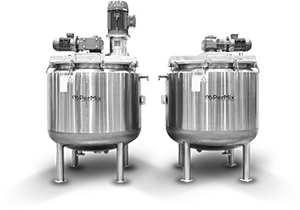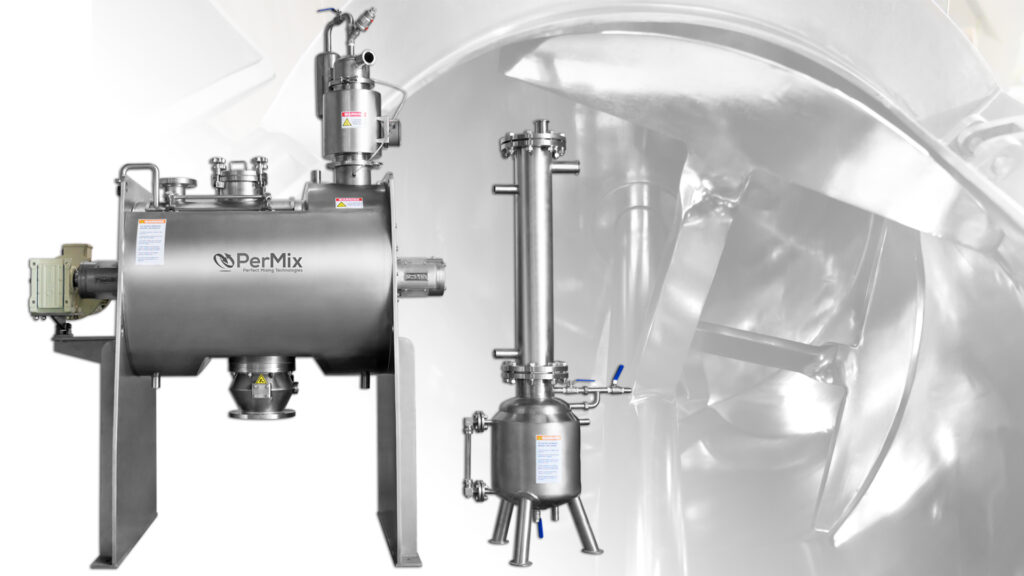Industrial Mixers
PerMix News & Updates



Mixing is one of the most important processes in the food industry. It is used to combine different ingredients together to make a homogeneous product. However, during the mixing process, there is a risk of introducing and allowing the growth of microorganisms which can lead to food spoilage and foodborne illnesses. Therefore, it is important to reduce the presence of microorganisms during the mixing process. One way to do this is by controlling the temperature and pressure of the mixture.
When it comes to the presence of microorganisms, temperature and pressure have a major role. High temperatures and pressures can reduce the number of microorganisms in the mixture by killing them. Heat can denature proteins, disrupt cell walls and cause the cell to burst, thus killing the microorganism. High pressure can also reduce the number of microorganisms present by damaging the microbial cell walls.
There are several methods for controlling the temperature and pressure of a mixture during the mixing process. These methods include using hot plates, steam, recirculating hot water, and pulsed electric fields.
Heating elements are used to heat mixtures during the mixing process. The temperature of the plate can be adjusted to reach a desired level. This method is relatively inexpensive and easy to use, but it is only effective for very small batches of mixtures.
Steam can be used to heat the mixture during the mixing process. This method can reach higher temperatures than heating elements, but it is more expensive and difficult to control.
Recirculating hot water can be used to heat the mixture during the mixing process. This method is more expensive than hot plates and steam, but it is more precise and easier to control.
Pulsed electric fields can be used to reduce the number of microorganisms present in a mixture during the mixing process. This method involves applying an electric field to the mixture, which creates pressure and heat. This method is more expensive than the other methods mentioned, but it is very precise and effective.
The presence of microorganisms in food mixtures can lead to food spoilage and foodborne illnesses. Therefore, it is important to reduce the number of microorganisms present during the mixing process. Temperature and pressure are two effective methods for controlling the number of microorganisms present in a mixture. There are several methods for controlling the temperature and pressure of a mixture, including heating elements, steam, recirculating hot water, and pulsed electric fields.